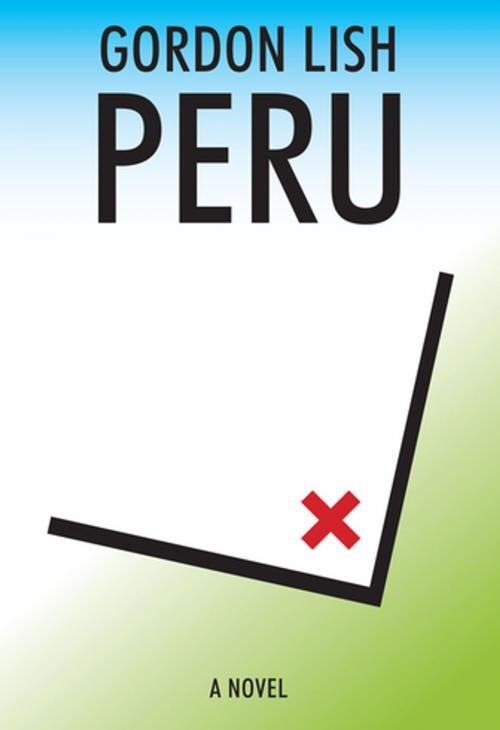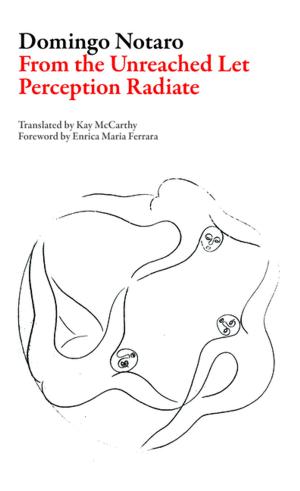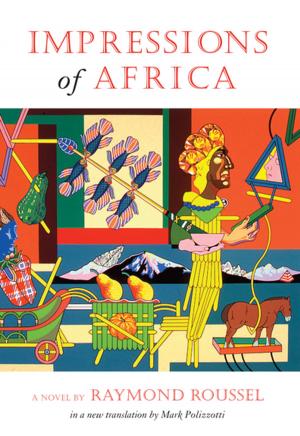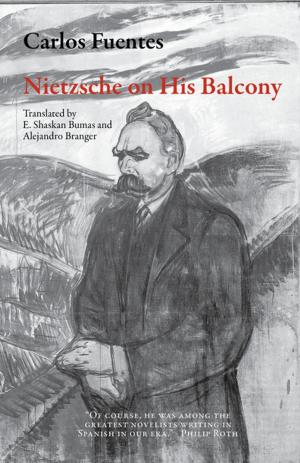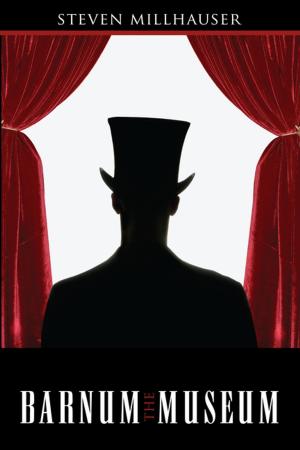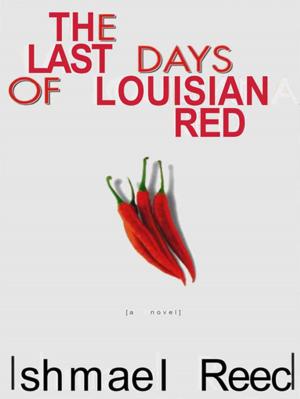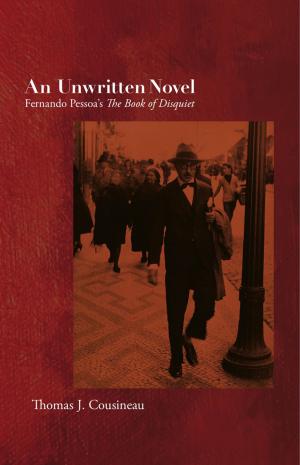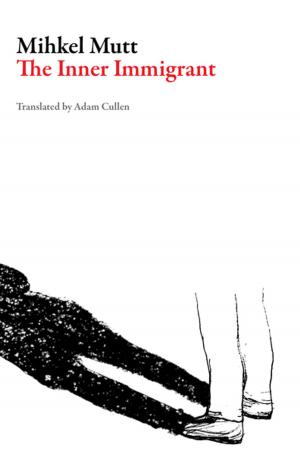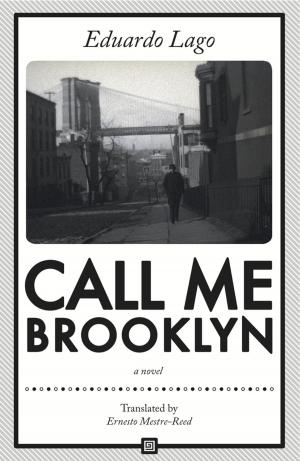| Author: | Gordon Lish | ISBN: | 9781564788351 |
| Publisher: | Dalkey Archive Press | Publication: | March 5, 2013 |
| Imprint: | Dalkey Archive Press | Language: | English |
| Author: | Gordon Lish |
| ISBN: | 9781564788351 |
| Publisher: | Dalkey Archive Press |
| Publication: | March 5, 2013 |
| Imprint: | Dalkey Archive Press |
| Language: | English |
Arguably Gordon Lish's masterpiece, Peru begins with its narrator announcing, "There is nothing which I will not tell you if I can think of it." Gradually, the story of a dark childhood secret—real or imagined—unfolds: in 1940, six-year-old Gordon murdered his harelipped rival, Steven Adinoff, in a Long Island sandbox . . . (unless he didn't). Peru's narrator weaves together strands of disconnected, mesmerizing trivia, resurrecting memories of the mundane suburban childhood that spawned a killing: the sense of tedium on an endless summer day; the squishy sounds of a hoe digging into flesh. Ambiguous, complex, inventive, and subversively comic, Peru is a compendium of unnerving observations about memory, violence, obsession, and the potential horror behind the facade of an ordinary life.
Arguably Gordon Lish's masterpiece, Peru begins with its narrator announcing, "There is nothing which I will not tell you if I can think of it." Gradually, the story of a dark childhood secret—real or imagined—unfolds: in 1940, six-year-old Gordon murdered his harelipped rival, Steven Adinoff, in a Long Island sandbox . . . (unless he didn't). Peru's narrator weaves together strands of disconnected, mesmerizing trivia, resurrecting memories of the mundane suburban childhood that spawned a killing: the sense of tedium on an endless summer day; the squishy sounds of a hoe digging into flesh. Ambiguous, complex, inventive, and subversively comic, Peru is a compendium of unnerving observations about memory, violence, obsession, and the potential horror behind the facade of an ordinary life.
